In the annals of American consumer culture, few brands have been as synonymous with a single product as Tropicana has been with orange juice. Founded in 1947 by an immigrant from Sicily who revolutionized the process of freezing concentrated orange juice, Tropicana has long been a staple in American kitchens.
However, recent years have seen the once-mighty brand stumble under the weight of a confluence of challenges that threaten its very survival. From devastating hurricanes and crippling diseases to shifting consumer preferences and financial woes, Tropicana's journey is a microcosm of the broader struggles facing traditional brands in a rapidly changing world.
Florida, the heartland of American orange production, has long been Tropicana's lifeline. Yet, in recent years, the state has been battered by increasingly severe hurricanes, a consequence of a warming planet. These storms have wreaked havoc on orange groves, decimating crops and disrupting supply chains.
Hurricane Milton, which struck last year, was a case in point. With its deadly tornadoes, historic rainfall, and powerful winds, Milton was supercharged by climate change and devastated the very core of Florida's citrus industry. According to Matt Joyner, CEO of Florida Citrus Mutual, the storm impacted approximately 70% of the state's most productive citrus acreage. This was not an isolated incident; the Department of Agriculture expects this year's orange production to be the lowest in 88 years, a dire statistic that underscores the gravity of the situation.
Natural disasters, however, are only part of the problem. Orange groves across Florida have also been ravaged by citrus greening disease, a bacterial infection that first appeared in the state in 2005.
This insidious disease cuts off essential nutrients to orange trees, leading to fewer and lower-quality fruits, and ultimately, the death of the trees. The impact has been profound: orange production in the United States is projected to drop by 10% in 2024, with Florida's output expected to plummet by a staggering 33%, according to the USDA.
The decline has been so severe that major suppliers like Alico have ceased their citrus-growing operations altogether, citing the economic unsustainability of continuing in the face of such devastation.
The supply-side challenges have been compounded by rising prices, fierce competition, and shifting consumer preferences. Orange juice, once a breakfast staple, has fallen out of favor as health-conscious consumers turn to alternative beverages.
Teas, sparkling water, sports drinks, and energy drinks are now the go-to choices for many, driven by claims of enhanced health benefits and functional advantages.
Within the orange juice market itself, Tropicana faces intense competition from both ends of the price spectrum. Coca-Cola's cheaper Minute Maid brand exerts pressure on the lower end, while Simply, with its similar pricing and focus on natural ingredients, captures consumers willing to pay a premium for their orange juice. Duane Stanford, publisher of Beverage Digest, aptly describes Tropicana's predicament as a "cornucopia of challenges."
Financially, the situation is equally bleak. Tropicana Brands Group, which owns not only Tropicana but also Naked, KeVita, and other juice brands, has seen its sales and profits deteriorate significantly in recent years.
The company's revenue slipped by 4% last quarter, while its income dropped by a concerning 10%, according to Debtwire, a financial services publication. The actions of its owners paint an even more dire picture. PAI Partners, a European private equity firm that acquired a controlling stake in Tropicana from PepsiCo four years ago, recently provided an emergency loan of $30 million to the struggling company.
This move, described by Tim Hynes, head of credit research at Debtwire, as a "lender of last resort" gesture, indicates a lack of confidence in the brand's ability to recover. PepsiCo, which still holds a minority stake, wrote down the value of its investment by $135 million last quarter, a clear sign of the brand's diminishing prospects.
Amidst these challenges, Tropicana has attempted to adapt. Rising costs and supply shortages have led to soaring orange juice prices, with the average price of a 12-ounce bottle reaching $4.50 in January 2025, up from $2.30 in January 2020, according to the Bureau of Labor Statistics.
These high prices have further alienated consumers, with only 19% of US consumers considering orange juice a good value, according to a Mintel survey. Tropicana's attempt to mitigate costs by downsizing its iconic bottle from 52 ounces to 46 ounces backfired spectacularly. Consumers, already skeptical about rising prices, felt cheated by the smaller bottles and voiced their discontent, further damaging the brand's reputation.
The brand has also tried to pivot to meet changing consumer preferences. In 2023, Tropicana launched a zero-sugar line and introduced limited-edition bottles with a playful twist on its name ("Tropcn") to highlight its natural ingredients. Additionally, the company expanded into non-orange juice drinks, such as Tropicana Refreshers and sparkling beverages.
However, these efforts have been met with mixed success. After nearly 80 years of being synonymous with orange juice, shifting consumer perceptions is no easy feat. Stanford notes that diversifying away from 100% orange juice is a slow and challenging process, given the brand's deep-rooted identity.
The story of Tropicana is a poignant reminder of the challenges facing traditional consumer brands in an era of rapid change. The once-dominant orange juice giant now finds itself at the mercy of forces beyond its control: climate change, disease, shifting consumer preferences, and intense competition.
As the brand navigates these turbulent waters, it must confront a fundamental question: Can it reinvent itself and adapt to the new realities of the 21st-century marketplace, or will it succumb to the pressures that have brought it to the brink?
In many ways, Tropicana's journey reflects the broader struggles of legacy brands in a world where consumer expectations are evolving at breakneck speed. The days of brand loyalty based solely on tradition are long gone.
Today's consumers are discerning, health-conscious, and increasingly aware of the environmental and social impacts of their choices. For Tropicana, the path forward is fraught with uncertainty. The brand must not only address the immediate challenges of supply shortages and financial distress but also reimagine its identity in a way that resonates with modern consumers.
The future of Tropicana will likely depend on its ability to innovate and diversify while staying true to its roots. It must find a way to balance the nostalgic appeal of its iconic orange juice with the demands of a health-conscious, environmentally aware consumer base. Whether through new product lines, sustainable sourcing practices, or creative marketing campaigns, Tropicana's survival hinges on its capacity to adapt and evolve.
As the world continues to change, the story of Tropicana serves as a cautionary tale for other brands facing similar challenges. In an era where the only constant is change, companies must be agile, responsive, and willing to embrace new opportunities.
For Tropicana, the road ahead is undoubtedly steep, but with the right strategy and a renewed focus on consumer needs, it may yet find a way to reclaim its place in the hearts and homes of Americans. Only time will tell if this once-mighty brand can rise from the ashes and reclaim its throne in the ever-evolving landscape of consumer preferences.
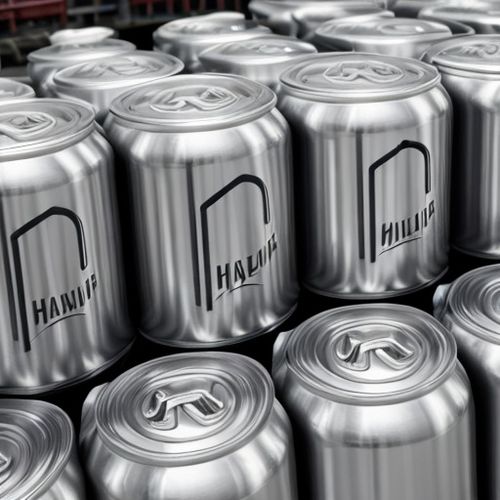
By Natalie Campbell/Mar 3, 2025

By Benjamin Evans/Mar 3, 2025

By Amanda Phillips/Mar 3, 2025

By John Smith/Mar 3, 2025
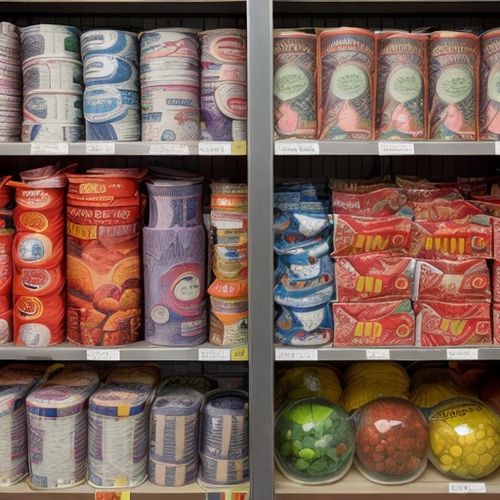
By Samuel Cooper/Mar 3, 2025

By Olivia Reed/Mar 3, 2025

By Michael Brown/Mar 3, 2025

By Jessica Lee/Feb 27, 2025

By Rebecca Stewart/Feb 27, 2025
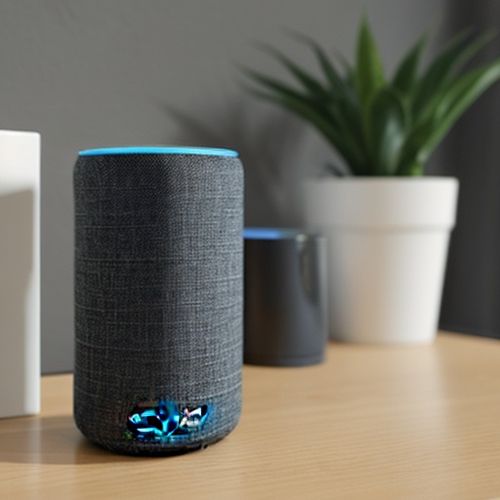
By Ryan Martin/Feb 27, 2025
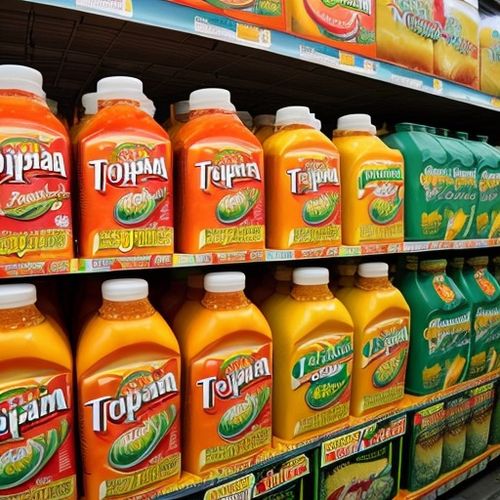
By Rebecca Stewart/Feb 27, 2025

By Sophia Lewis/Feb 27, 2025

By Amanda Phillips/Feb 27, 2025
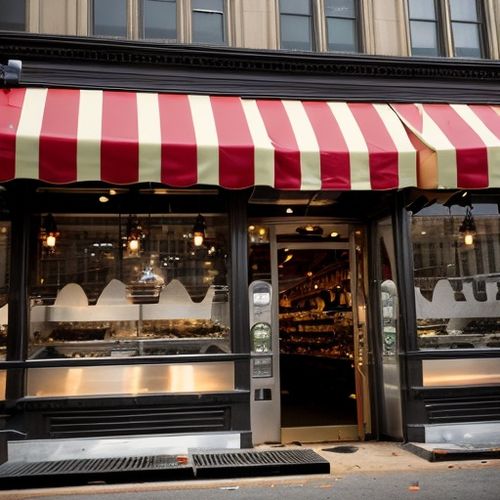
By Christopher Harris/Feb 27, 2025
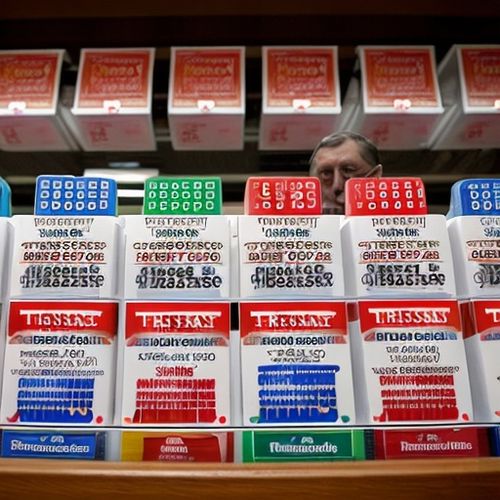
By Amanda Phillips/Feb 27, 2025